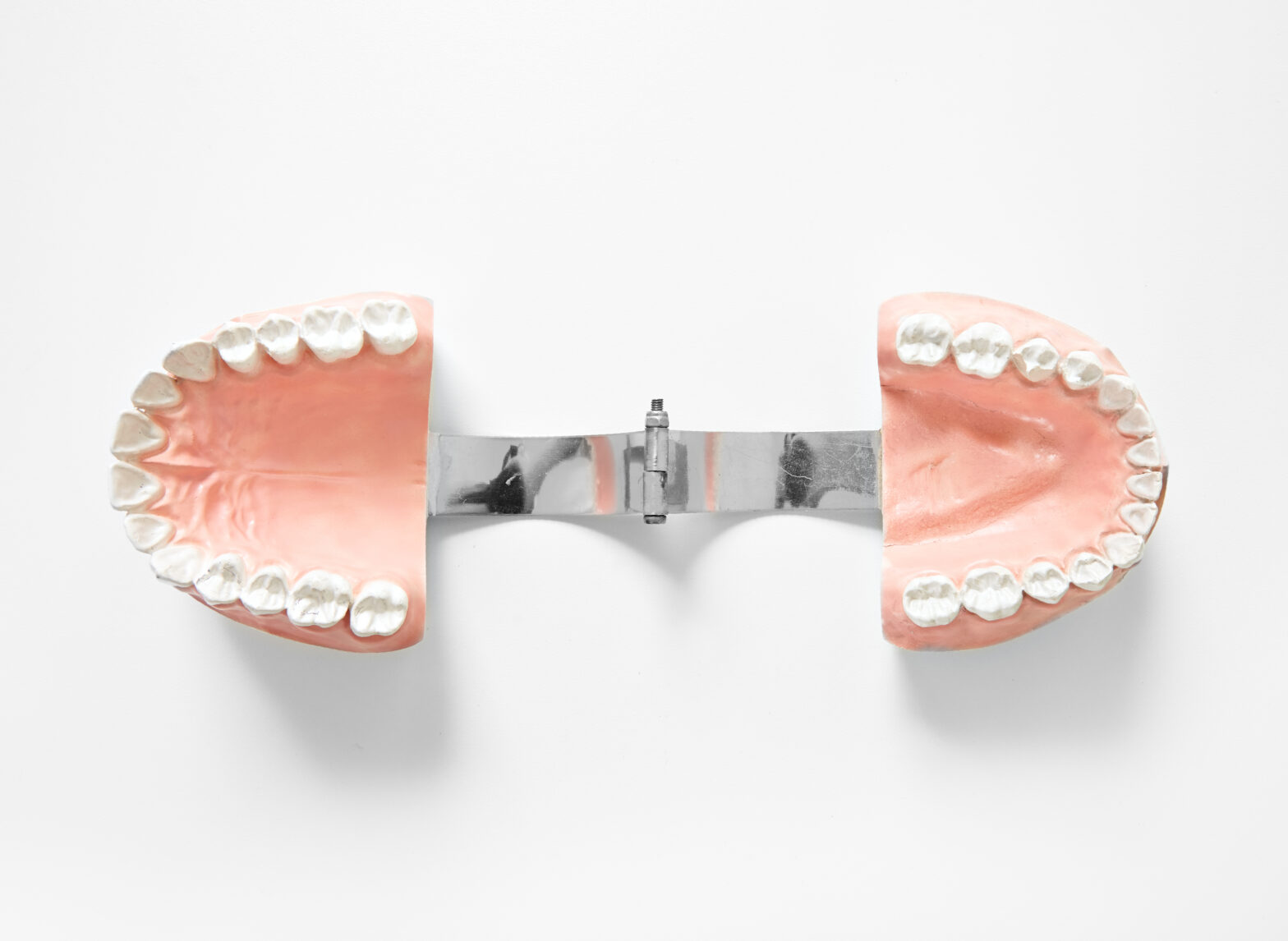
Maintaining good oral health is essential, but sometimes dental issues creep up without much fanfare. Ignoring small problems can lead to painful (and often costly) complications down the road. So, how do you know when it’s time to see a dentist? If you live in Stafford and notice any of these 10 warning signs, don’t wait—schedule an appointment with a trusted dentist right away.
1. Persistent Toothache
A toothache isn’t just an inconvenience; it’s your body’s way of telling you something’s wrong. Whether it’s caused by tooth decay, an abscess, or even gum disease, a lingering toothache should never be ignored. If over-the-counter pain relievers aren’t cutting it, it’s time to visit a dentist in Stafford ASAP.
2. Bleeding Gums
A little bleeding during brushing or flossing might seem harmless, but it can signal gum disease like gingivitis or periodontitis. Left untreated, these conditions can lead to tooth loss or more severe health issues. If your gums bleed regularly, it’s time for a professional cleaning and evaluation.
3. Bad Breath That Won’t Go Away
Chronic bad breath (or halitosis) can be more than just embarrassing—it might point to infections, cavities, or gum disease. A dentist can help determine the root cause and provide the right treatment to freshen your breath and restore your confidence.
4. Sensitivity to Hot or Cold
That sharp pain when sipping coffee or eating ice cream might indicate worn enamel, exposed tooth roots, or even cavities. Tooth sensitivity is a warning sign that your teeth need professional attention to prevent further damage.
5. Swollen or Tender Gums
Healthy gums are firm and pink, so swelling, tenderness, or discoloration can indicate gum infection or other underlying issues. If your gums feel off, don’t wait—it could save you from more serious dental procedures later on.
6. Loose or Shifting Teeth
Your adult teeth are meant to stay firmly in place. If you notice a tooth moving, shifting, or feeling loose, it could signal advanced gum disease or bone loss. A dentist can assess the situation and recommend the best course of action to save your smile.
7. Dry Mouth
Saliva plays a crucial role in keeping your mouth healthy by washing away bacteria. If your mouth constantly feels dry, it might indicate a condition called xerostomia, which can lead to tooth decay and other problems. Your dentist can offer treatments to improve saliva flow.
8. Jaw Pain or Clicking
Do you experience pain or clicking when chewing or opening your mouth? These could be symptoms of temporomandibular joint (TMJ) disorders or even teeth grinding. A dentist can help pinpoint the cause and suggest solutions like nightguards or other therapies.
9. White Spots or Discoloration on Teeth
White spots on your teeth can indicate early signs of decay, while discoloration might result from stains or deeper issues. Catching these changes early is key to preventing cavities or other complications.
10. Sores or Lumps in Your Mouth
Mouth sores that don’t heal within a week or lumps that feel unusual should never be ignored. They could be signs of oral infections or, in rare cases, oral cancer. Early detection can save lives, so schedule an appointment with your dentist in Stafford immediately.
Don’t Wait—Your Smile Deserves the Best Care
Recognizing these warning signs and acting quickly is crucial to maintaining a healthy smile. If you’re experiencing any of these symptoms, Smile Dental in Stafford is here to help. With advanced technology and compassionate care, our team is ready to diagnose and treat any dental issue.
Call today to book your appointment and take the first step toward a healthier, pain-free smile!
FAQs
Q: How often should I visit a dentist if I’m not experiencing symptoms?
A: It’s recommended to see your dentist every six months for routine cleanings and checkups to catch potential issues early.
Q: Can gum disease be reversed?
A: In its early stages (gingivitis), gum disease can often be reversed with professional cleaning and good oral hygiene.
Q: Do dental issues always cause pain?
A: Not always! Some issues, like cavities or gum disease, might not hurt in the early stages, which is why regular checkups are so important.
Your oral health is too important to ignore. Take action today—your future self will thank you!

